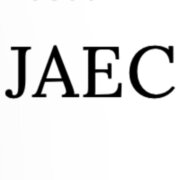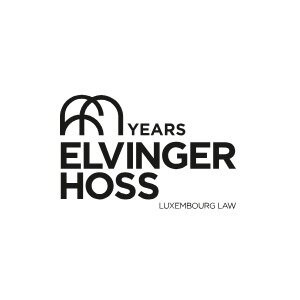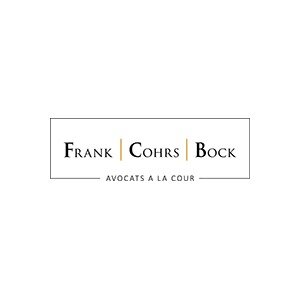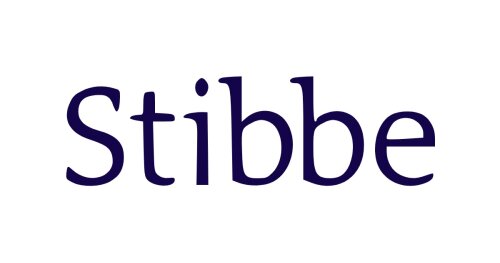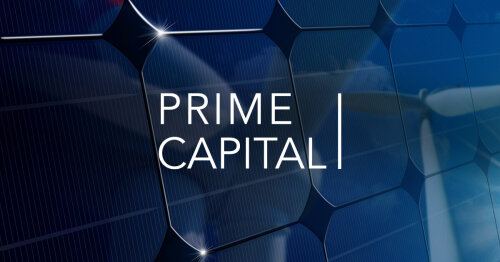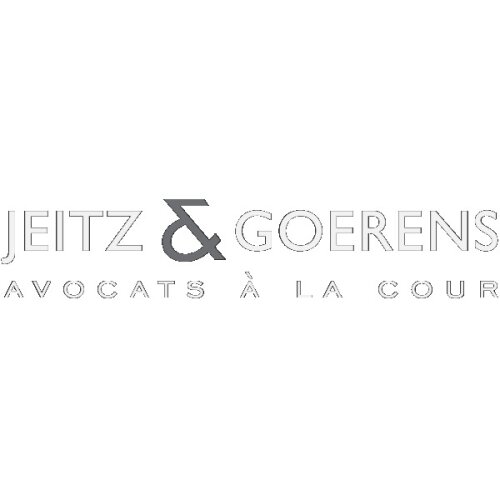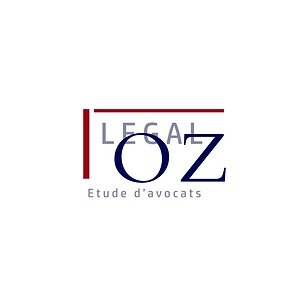Best Energy Regulatory Law Lawyers in Luxembourg
Share your needs with us, get contacted by law firms.
Free. Takes 2 min.
List of the best lawyers in Luxembourg, Luxembourg
About Energy Regulatory Law in Luxembourg, Luxembourg
Energy Regulatory Law in Luxembourg governs the generation, transmission, distribution, and supply of energy, as well as market liberalization, environmental considerations, and consumer protection within the energy sector. This legal field ensures the integrity and reliability of Luxembourg's energy markets while aligning with European Union directives and international commitments. The Grand Duchy’s energy framework is notable for its strong focus on sustainable development, renewable energy integration, and the transition to greener sources of power. The Institut Luxembourgeois de Régulation (ILR) is the main regulatory authority overseeing compliance and market fairness.
Why You May Need a Lawyer
Legal expertise in Energy Regulatory Law may be needed for a variety of reasons, including but not limited to:
- Compliance with licensing and permitting requirements for energy production, supply, or trading
- Navigating complex contracts relating to energy purchase or infrastructure development
- Dealing with disputes between energy suppliers and consumers or between market participants
- Adapting to new regulations or changes within the energy sector
- Securing incentives or subsidies for renewable energy projects
- Responding to regulatory investigations or enforcement actions by the ILR or other authorities
- Guidance on cross-border energy transactions and European market integration
- Protecting data privacy and managing cybersecurity risks in smart grids or digitalized energy systems
Local Laws Overview
Luxembourg’s energy laws are primarily guided by the Electricity Act of 2007 as amended, the Gas Act, and various regulatory provisions stemming from European Union legislation. Key considerations include:
- Licensing and Regulation - All significant energy market actors, including producers and suppliers, must be licensed by the ILR and comply with ongoing regulatory requirements.
- Market Liberalization - Both electricity and gas markets are liberalized, enabling competition, consumer choice, and third-party access to networks.
- Renewable Energy - Luxembourg supports energy transition through subsidies, feed-in tariffs, and quota obligations to boost renewable energy sources.
- Tariff Setting - Energy tariffs and network charges are regulated to ensure transparency, non-discrimination, and protection of end-users.
- Network Access - Non-discriminatory access to electricity and gas grids is mandated, including procedures for connection, capacity allocation, and congestion management.
- Consumer Protection - Clear rules exist on billing, contractual transparency, dispute resolution, and vulnerable consumer protections.
- Sustainability and Climate Goals - Laws aim to fulfill EU directives on energy efficiency, decarbonization, and greenhouse gas reduction.
- Dispute Resolution - The ILR provides mechanisms for resolving disputes between energy market participants and customers.
Frequently Asked Questions
What is the role of the Institut Luxembourgeois de Régulation (ILR)?
The ILR is the independent regulatory body overseeing Luxembourg’s energy markets, ensuring fair competition, consumer protection, and compliance with both national and EU laws. The ILR grants licenses, sets tariffs, and mediates disputes.
Who needs a license to operate in the Luxembourg energy market?
Producers, suppliers, and traders of electricity and gas must obtain a license from the ILR to operate legally in Luxembourg. Certain exemptions may apply for self-consumption or small-scale generation.
What support exists for renewable energy projects?
Luxembourg encourages renewable energy through financial support schemes such as feed-in tariffs, investment subsidies, and tax incentives. Specific eligibility criteria and application procedures are regulated by law.
How are energy prices regulated?
The ILR regulates network tariffs and monitors the competitiveness of supply prices. Consumers benefit from transparent billing and protections against unfair pricing practices.
What are my rights as an energy consumer?
Consumers have rights to clear information, fair contracts, dispute resolution, switching providers without undue barriers, and special protections if considered vulnerable customers.
Can foreign companies enter Luxembourg’s energy market?
Yes, foreign companies can participate provided they obtain the necessary licenses and meet regulatory requirements. The market’s liberalization promotes cross-border participation, under EU law.
How are disputes in the energy sector resolved?
Disputes between energy providers, or between providers and customers, can be brought before the ILR for mediation or, if necessary, resolved through formal proceedings in Luxembourgish courts.
Are there specific laws for energy efficiency and emissions reduction?
Luxembourg transposes EU directives on energy efficiency and climate action, imposing obligations on market participants to reduce consumption and report emissions.
What are the obligations for data protection in energy services?
Operators must comply with GDPR and local data laws when handling customer information or using smart metering. Security and confidentiality are strictly regulated.
How frequently do energy regulations change?
The energy sector is dynamic, with regular updates to align with EU legislation, new technologies, and climate commitments. Staying informed or consulting a specialized lawyer is advised.
Additional Resources
- Institut Luxembourgeois de Régulation (ILR): The national regulatory body responsible for all aspects of energy market regulation and customer protection.
- Ministry of Energy and Spatial Planning: Develops and implements national energy policy and sustainable development targets.
- European Commission - Energy: Source for EU energy directives and integration policies relevant for Luxembourg.
- Luxembourg Chamber of Commerce: Offers information and support for businesses active in the energy sector.
- Luxembourg Business Registers: For verifying the regulatory status of market participants.
Next Steps
If you believe you require legal assistance in Energy Regulatory Law in Luxembourg, begin by gathering all relevant documents, contracts, and correspondence related to your issue. Identify whether your concern relates to licensing, dispute resolution, compliance, or investment. Research and contact specialized law firms or lawyers with a proven track record in energy law and regulatory matters in Luxembourg. Schedule a consultation to discuss your needs in detail, and ensure your chosen legal professional is familiar with both local and EU legal frameworks. Staying proactive and informed will help you navigate the complexities of the Luxembourgish energy sector effectively.
Lawzana helps you find the best lawyers and law firms in Luxembourg through a curated and pre-screened list of qualified legal professionals. Our platform offers rankings and detailed profiles of attorneys and law firms, allowing you to compare based on practice areas, including Energy Regulatory Law, experience, and client feedback.
Each profile includes a description of the firm's areas of practice, client reviews, team members and partners, year of establishment, spoken languages, office locations, contact information, social media presence, and any published articles or resources. Most firms on our platform speak English and are experienced in both local and international legal matters.
Get a quote from top-rated law firms in Luxembourg, Luxembourg — quickly, securely, and without unnecessary hassle.
Disclaimer:
The information provided on this page is for general informational purposes only and does not constitute legal advice. While we strive to ensure the accuracy and relevance of the content, legal information may change over time, and interpretations of the law can vary. You should always consult with a qualified legal professional for advice specific to your situation.
We disclaim all liability for actions taken or not taken based on the content of this page. If you believe any information is incorrect or outdated, please contact us, and we will review and update it where appropriate.



